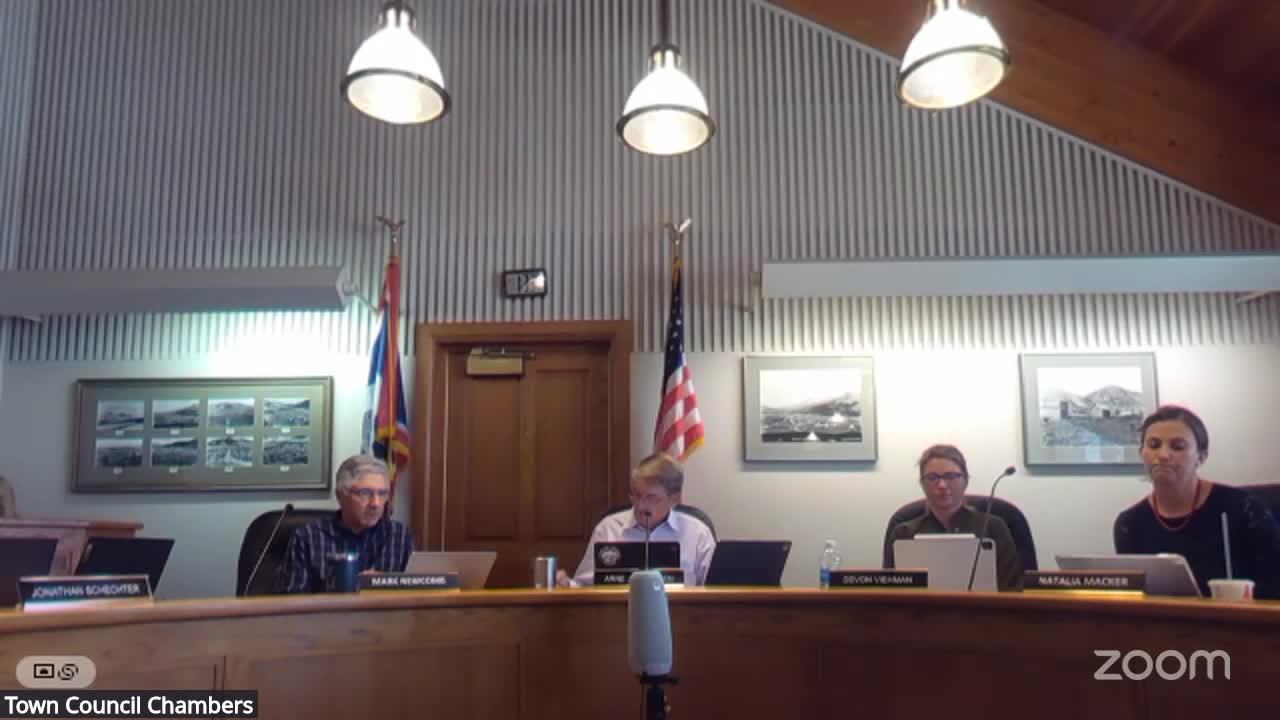Article not found
This article is no longer available. But don't worry—we've gathered other articles that discuss the same topic.
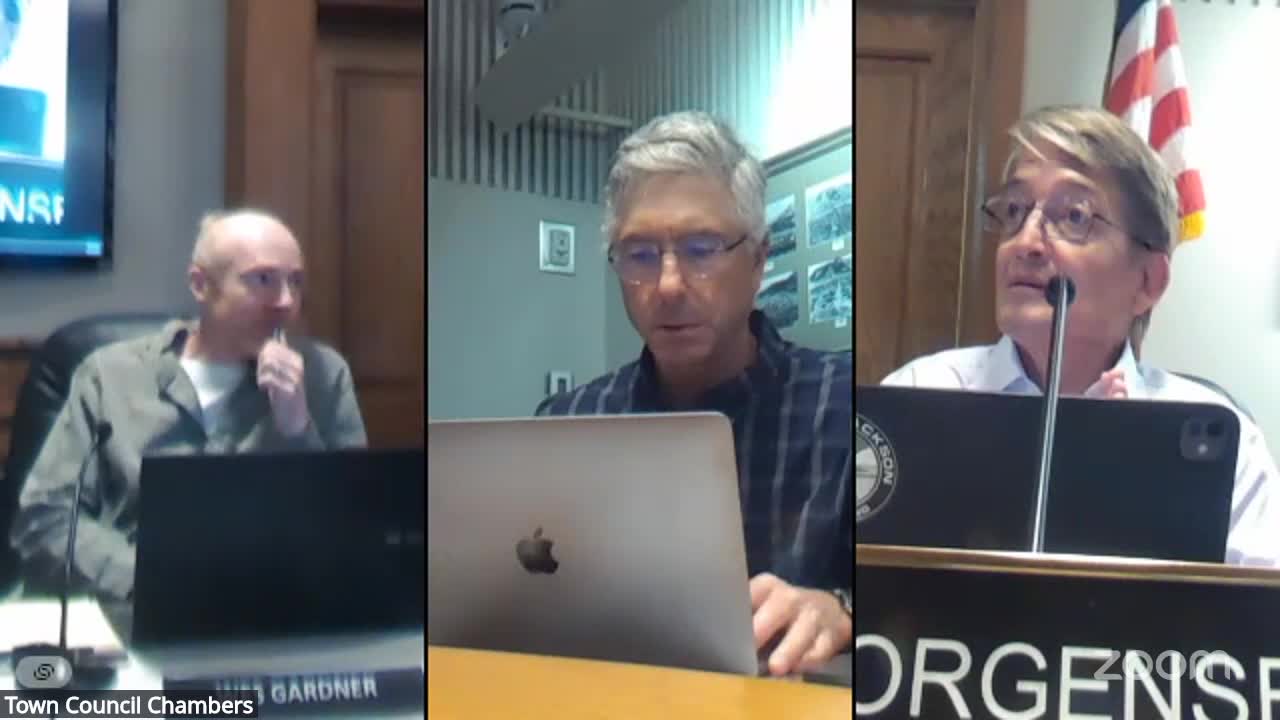
Travel and Tourism Board FY26 request continued to May 13 joint budget meeting
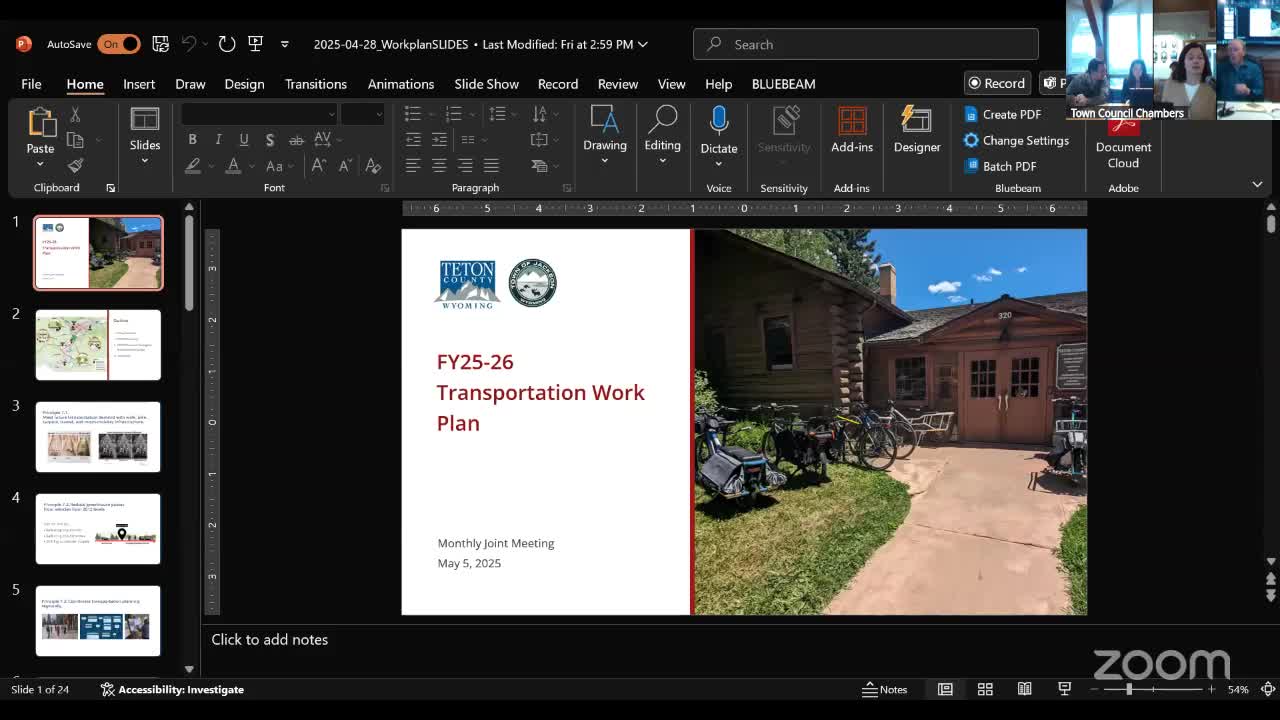
Joint bodies adopt transportation work plan; staff to pursue parking monitoring, mobility-hub design and revenue options
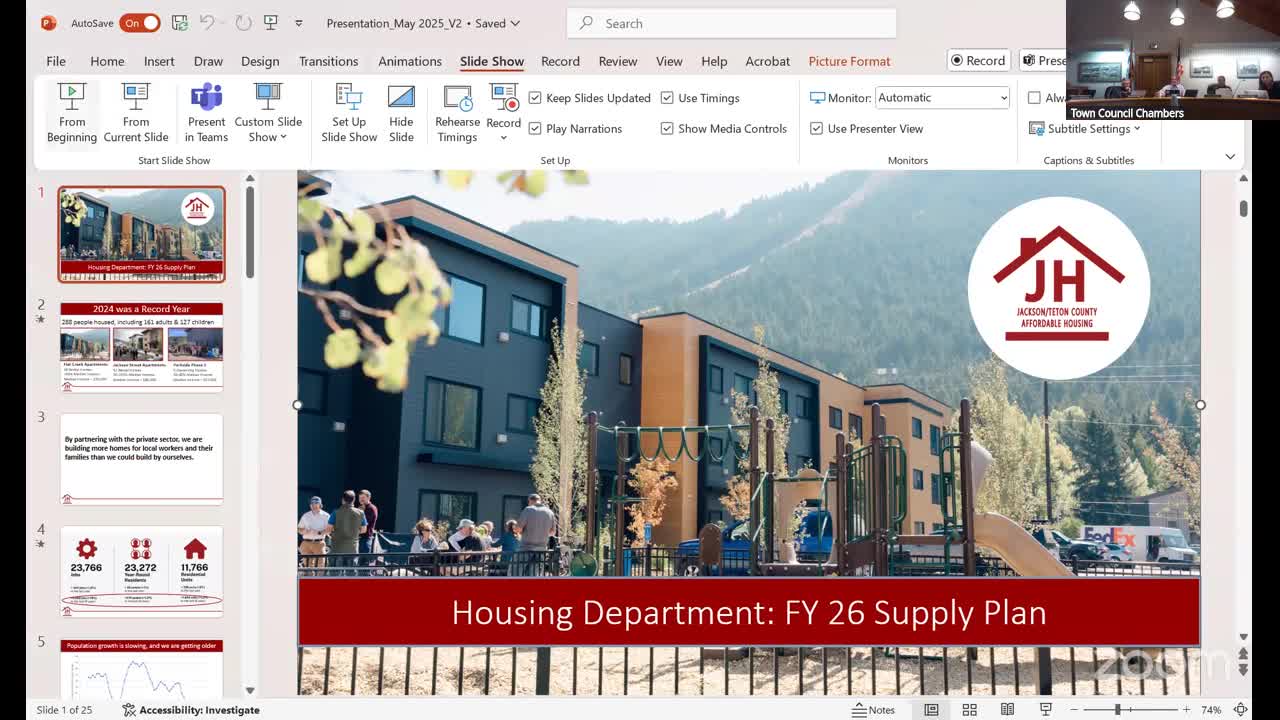
Council and county approve FY26 housing supply plan; staff highlight preservation, partnerships and aging-in-place work
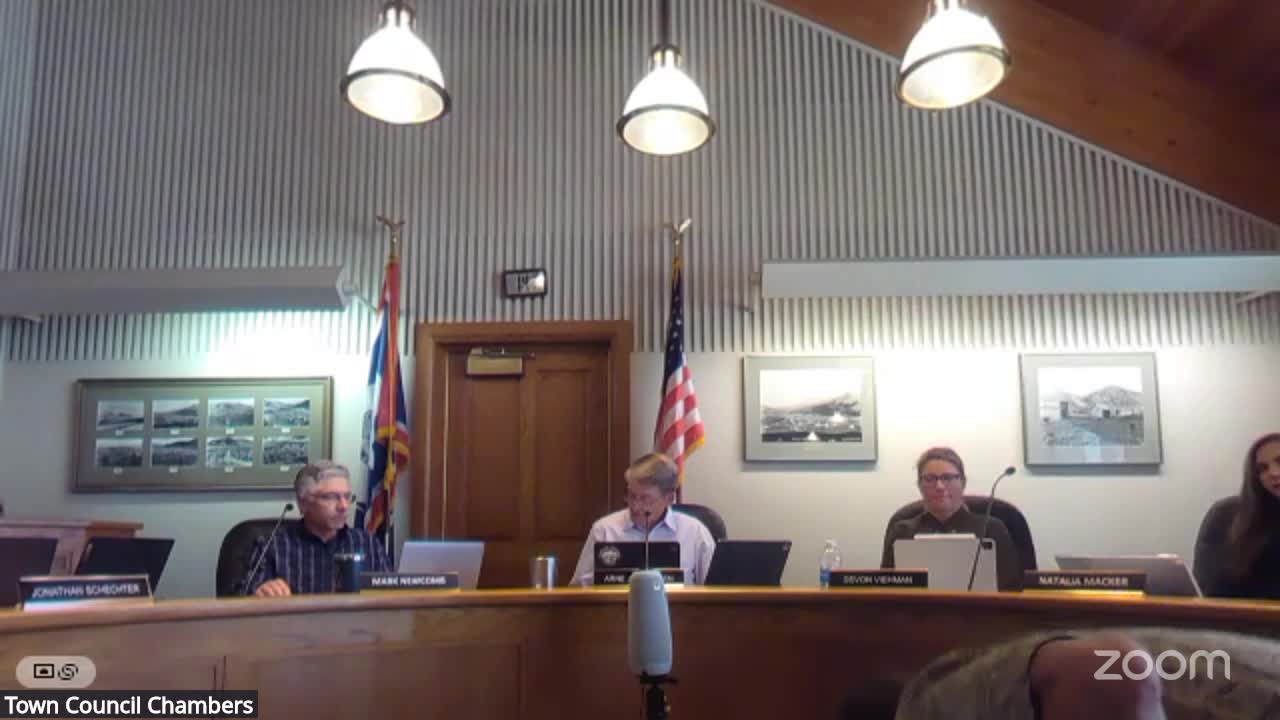
Town approves FY26 joint long-range planning work plan; county delays formal adoption for further review
